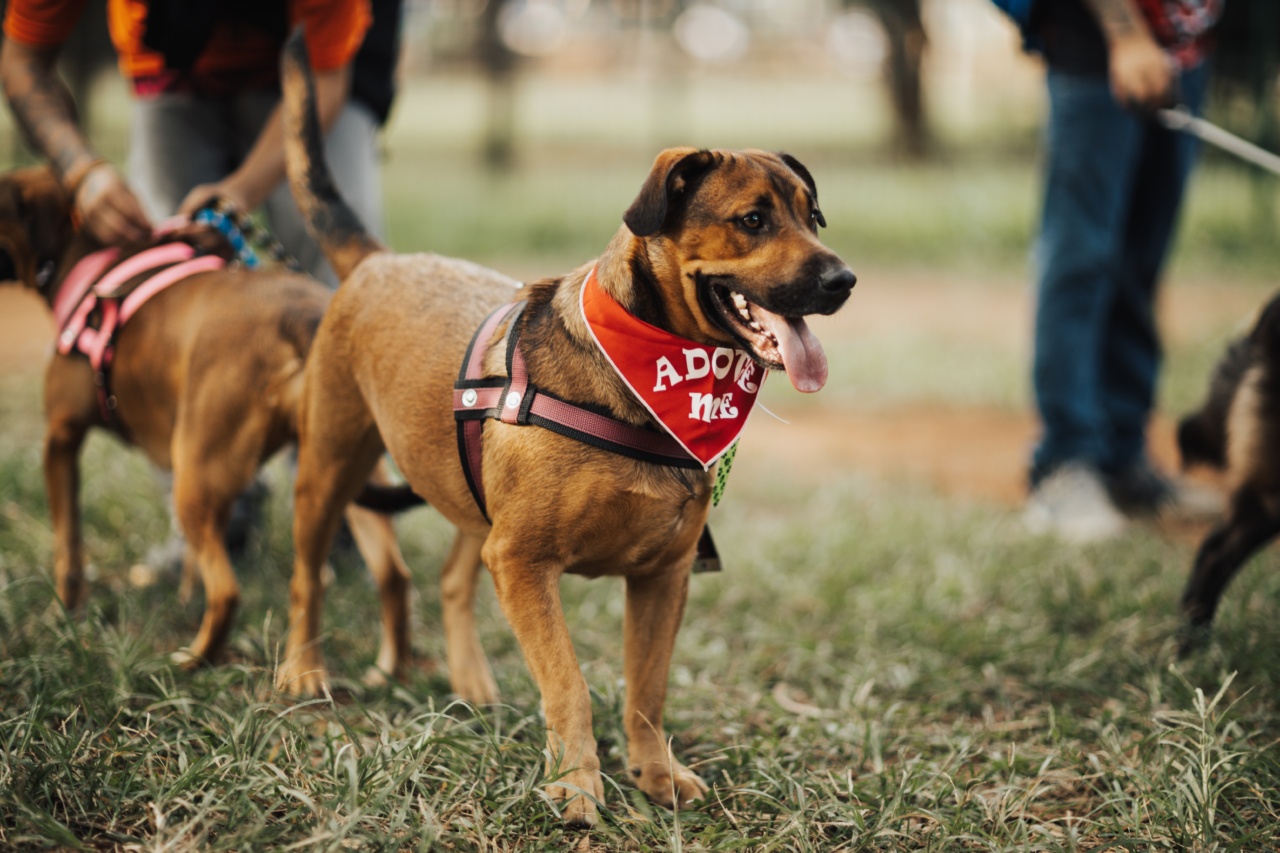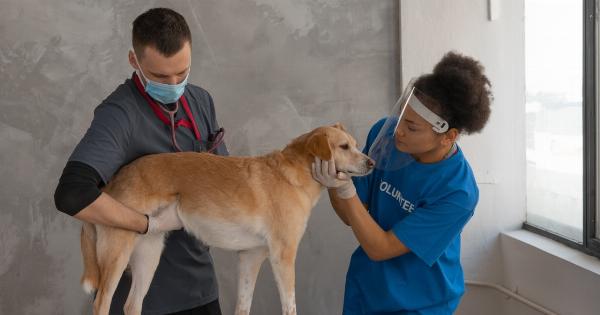Dogs are known for their loyalty and affection towards their owners. They are often regarded as an important part of the family. In fact, many pet owners consider their dogs as their best friends and confidantes.
However, when a dog loses its owner or a companion, it is natural to wonder whether they grieve or experience the same emotions as humans. There has been much debate over the years about whether or not dogs can feel grief. In this article, we will explore this topic in detail.
What is Grief?
Grief is a natural response to loss. It is often described as a painful and complex emotion that can manifest in various ways – including sadness, anger, guilt, and even physical symptoms such as headaches and fatigue.
Grief is not limited to humans – many animals can experience grief too. For instance, elephants have been known to mourn their dead by staying close to the body and showing signs of distress.
Similarly, chimpanzees and gorillas have been observed making mourning sounds in response to a loss within their family or social group.
Signs of Grief in Dogs
While dogs cannot communicate their emotions in the same way as humans, they can still exhibit signs of grief. Some common signs of grief in dogs include:.
- Loss of appetite/interest in food
- Changes in sleeping patterns
- Withdrawal from usual activities/interactions
- Listlessness/lack of energy
- Increased need for attention/affection
- Restlessness/loss of focus
- Whimpering/crying
- Searching for the lost companion/owner
It is important to note that these signs can also indicate other health issues, so it is essential to consult a vet if you notice these behaviors in your dog.
Do Dogs Understand Death?
This is a complex question, and the answer may vary depending on the individual dog and its level of comprehension. However, many experts agree that dogs have a basic understanding of death.
Dogs rely heavily on their sense of smell, and they can detect changes in the body odor of a deceased person or animal. Additionally, dogs are highly attuned to the emotional states of their owners and are quick to pick up on their grief and sadness.
How to Help a Grieving Dog
If you suspect that your dog is grieving, there are several things you can do to help them through this difficult time. These include:.
- Stick to a regular routine, including mealtimes and walks
- Provide lots of affection and reassurance
- Give your dog plenty of opportunities to exercise and play
- Allow your dog to seek comfort in familiar scents and objects
- Consider getting another pet to provide companionship (although it may take time for your dog to adjust to a new animal)
It is important to be patient and understanding with a grieving dog. Just as humans need time to process their emotions after a loss, so do dogs.
Conclusion
In conclusion, dogs can grieve and experience the same painful emotions that humans do – although they may express them differently.
If you suspect that your dog is grieving, it is crucial to seek advice from a vet or animal behaviorist to ensure that they receive the care and support they need. With patience and understanding, you can help your dog through this difficult time.






























